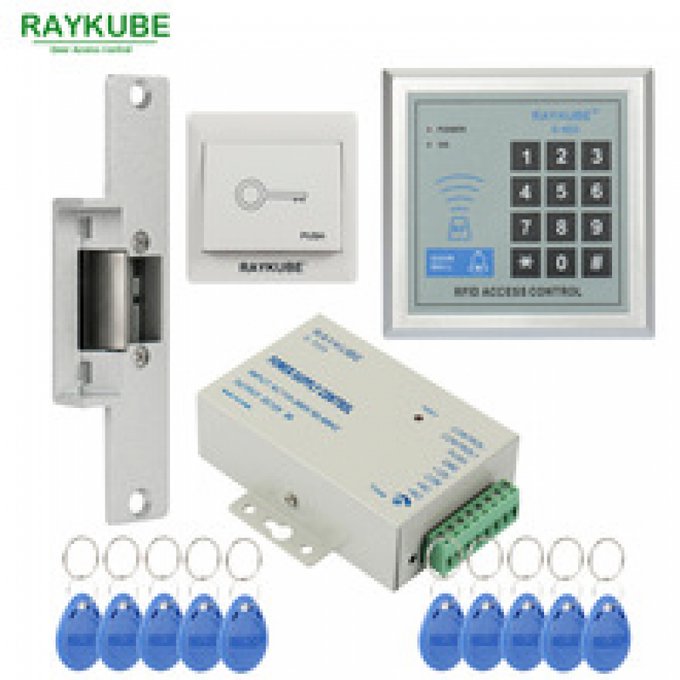Safeguard Security has urged members of the public to be vigilant, in the light of an escalation in crime, including muggings that have taken place in broad daylight, over the last six months.
It has also urged people to help safeguard their own communities by reporting anything suspicious.
“Crime has really escalated over the last half of this year. Regrettably we all need to be more vigilant as we go about our lives,” Safeguard Alarms managing director Reason Chitiva said this week.
“There have been instances of people being mugged while out walking. Incidents of smash and grab from vehicles have become more common. In some cases lives have been lost,” he said.
He said an excellent security tool was Safeguard’s SOS app, which existing Safeguard rapid response customers could download on their cellphones for free.
It was useful not only for summoning assistance in the event of a security threat but for obtaining help in any emergency, including a medical emergency.
“People generally have their cellphones on them all the time and so can use the SOS app to seek assistance wherever they are,” he said.
When the app is opened there is a choice of three panic buttons, one for a security emergency, one for a medical emergency and one for roadside assistance or any other emergency.
“When one of the apps is pressed, Safeguard will phone back for further information. It will dispatch a rapid response team in a security emergency and arrange an ambulance in a medical emergency. In other emergencies, it will contact a service provider on the client’s behalf.
The app pinpoints the user’s location via Global Positioning System (GPS). The information the user has registered on the app, such as vehicle registration numbers and medical history, further help Safeguard and other services to respond effectively.
In a medical emergency Safeguard provides assistance through its partnership with Ace Air and Ambulance in Harare, Bulawayo and Victoria Falls. It has other partners in other centres.
It will arrange for an ambulance for those registered for the app in a medical emergency wherever they happen to be in any of the major centres and for anyone who has a medical emergency at the client’s premises.
Information on the app about the client’s medical aid and medical history is made available to the responding ambulance.
As a back-up to the ethical requirement for hospitals to treat those in need of lifesaving medical treatment, Safeguard has an agreement with Healthpoint in Harare whereby it guarantees payment for the first 24 hours of such treatment of clients brought into its emergency rooms by Ace Ambulance.
“We are grateful to the Healthpoint team and are working on similar back-up solutions for other areas,” Mr Chitiva said.
He said it was now possible for users to register their visitors temporarily for the app. This would be particularly reassuring for visitors from outside the country who might be apprehensive about their safety or what to do in a medical emergency.
They would be registered for the period they were in the country and disconnected from the app once they leave. However, the visitor would have to pay for services, such as ambulance services, provided as a result of using the app.
“People need to be security conscious. They need to be aware of what is happening around them, so that they are less susceptible to being robbed. Robberies are occurring not only at night but even in broad daylight,” Mr Chitiva said.
“We can all help our communities become more secure by reporting any suspicious activity. Make use of our response service by reporting suspicious activities to it so it can investigate them. If you see something, say something,” he said.
He said Safeguard response vehicles were carrying out routine vehicle patrols in some areas where there had been an upsurge in crime as a deterrent measure, to reduce the likelihood of crimes in these areas.






